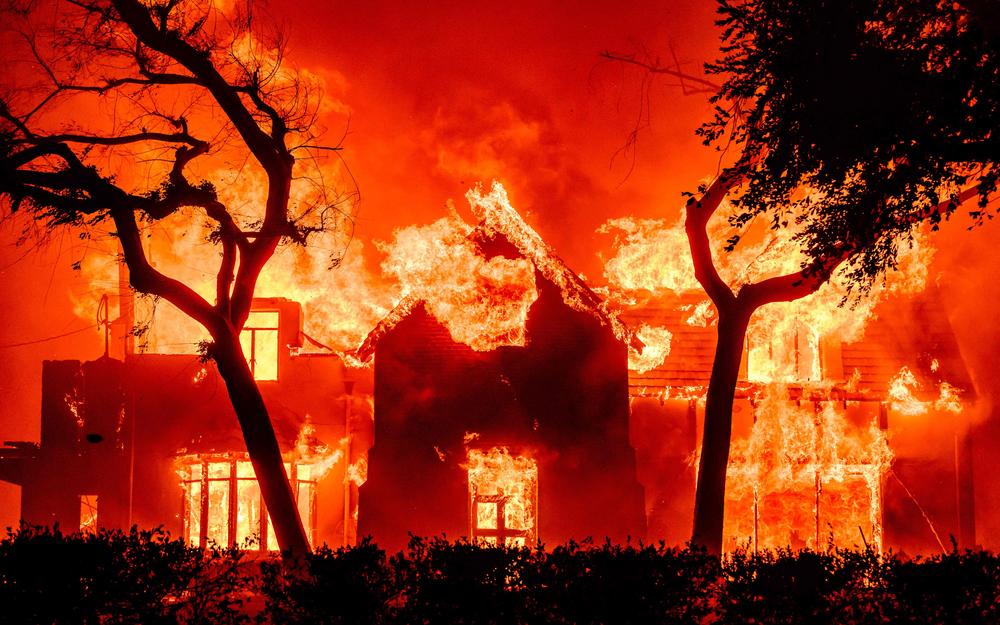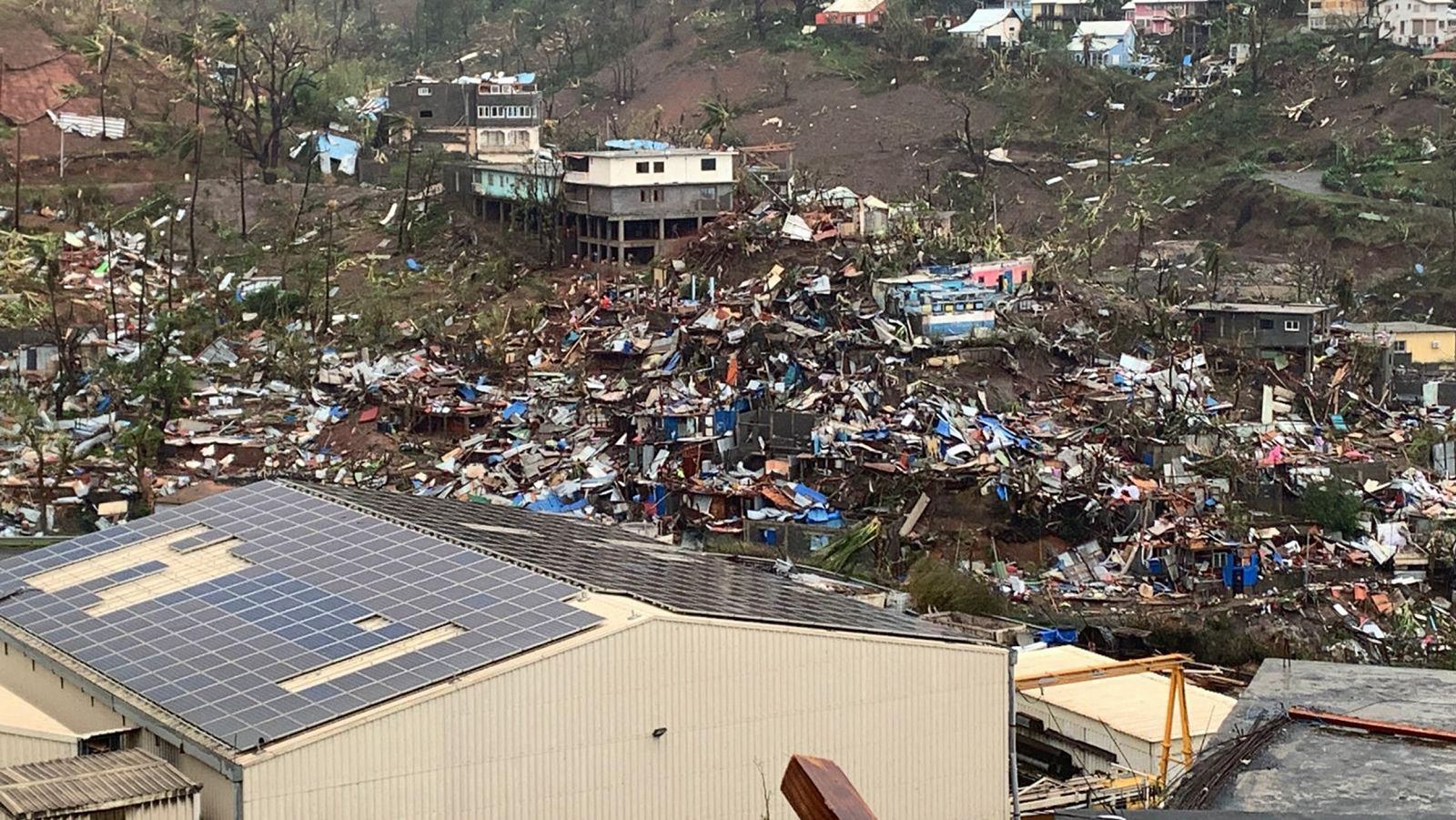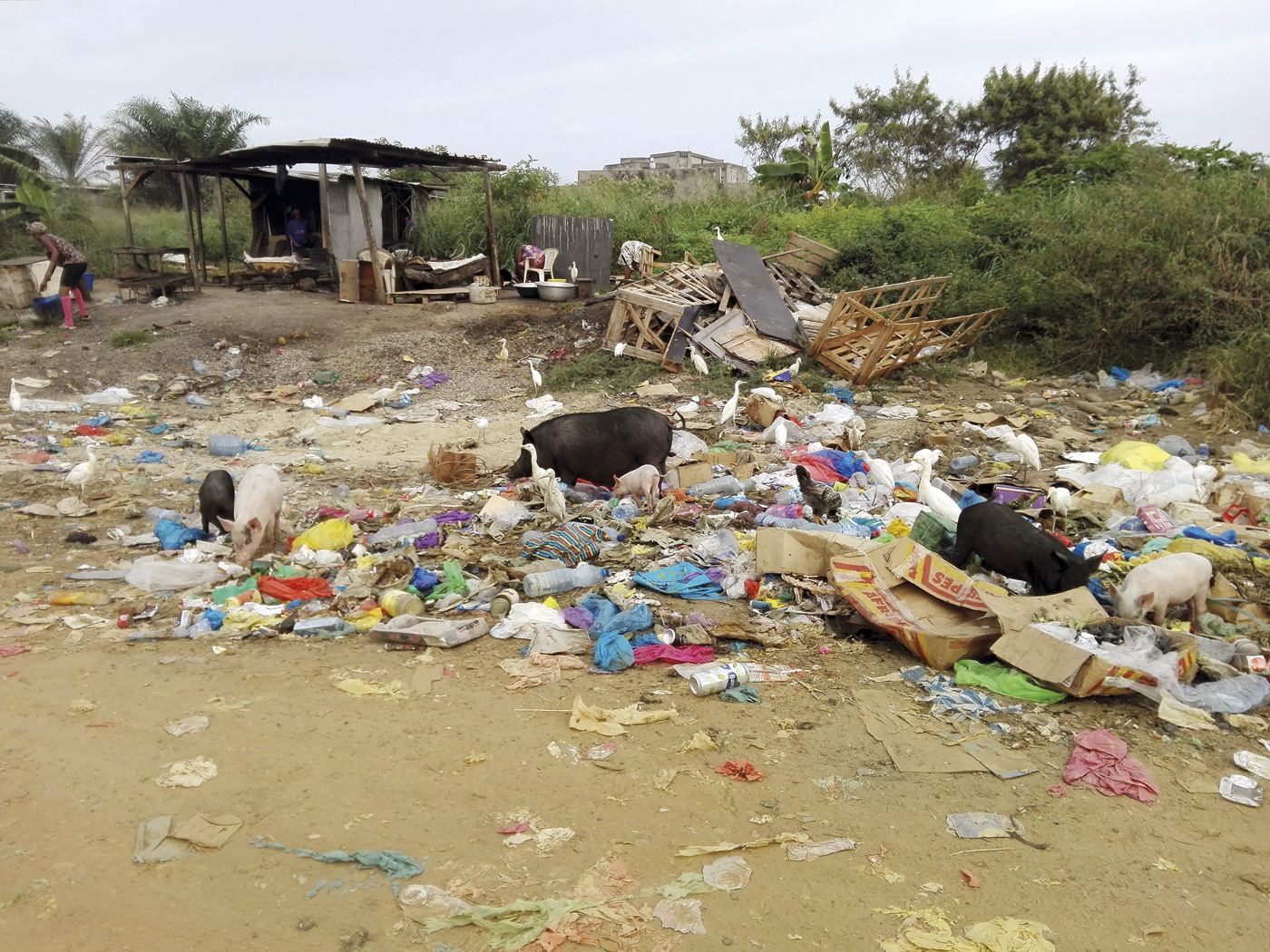UN climate change report: red lights on
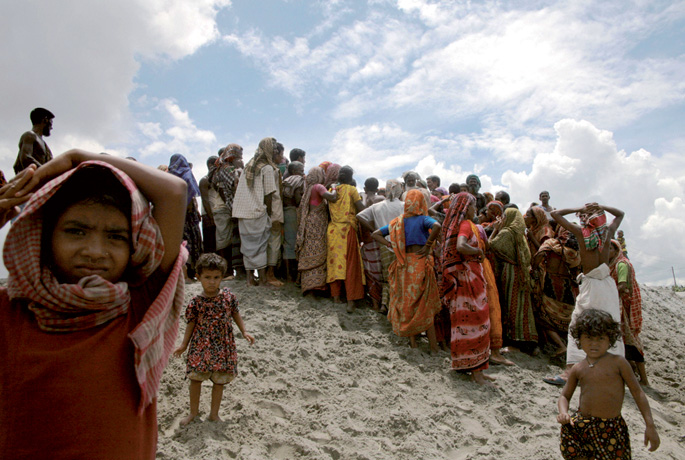
The UN IPCC (Intergovernmental Panel on Climate Change) presented on 31 March in Japan the second part of its fifth report, which is published approximately every six years. The statements made by the experts have been a cause for concern. The following is a summary:
Effects on water systems
Rainfall trends in many regions have changed and many glaciers have melted, which has led to a change in natural water systems. This has had a negative impact on food production; on the other hand, the number of specimens of many animal species has decreased or migratory habits have changed.
Less drinking water
In poor countries, groundwater is increasingly scarce. On all continents, however, there is a risk that drinking water will not suffice.
Growth of poverty
Climate change will slow economic growth and, as a result, poverty will become more acute in big cities.
More and more conflicts
Poverty will lead to the displacement of large population groups and the emergence of increasingly serious conflicts among States for access to natural resources.
Flooding and erosion
Sea-level rise will immerse many land areas and will require large groups of people to migrate.
A single hope, an adaptation
The measure of all these influences can be less if we put media. Experts from the IPCC have stressed that adaptation, together with measures to mitigate the effects of climate change, will reduce inequalities between countries, promoting the development of the poorest.
There was no one or all. That we all suffer at least if the necessary changes are not made so that no one suffers the climate emergency. You – reader – I – Jenofá-, they – poor – and they – rich. The fires in Los Angeles did not give me satisfaction, but a sense of... [+]
The understanding and interpretation of the mathematical language is what is important in the learning process, at least it is what we say to our students. The language of mathematics is universal, and in general, the margin of error for interpretation tends to be small. We... [+]












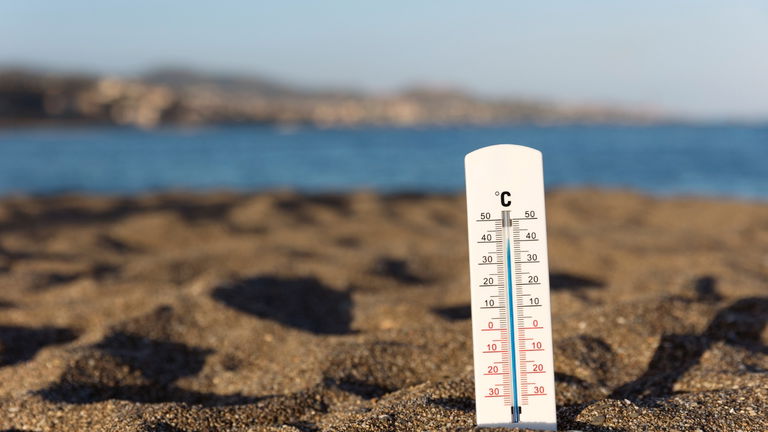
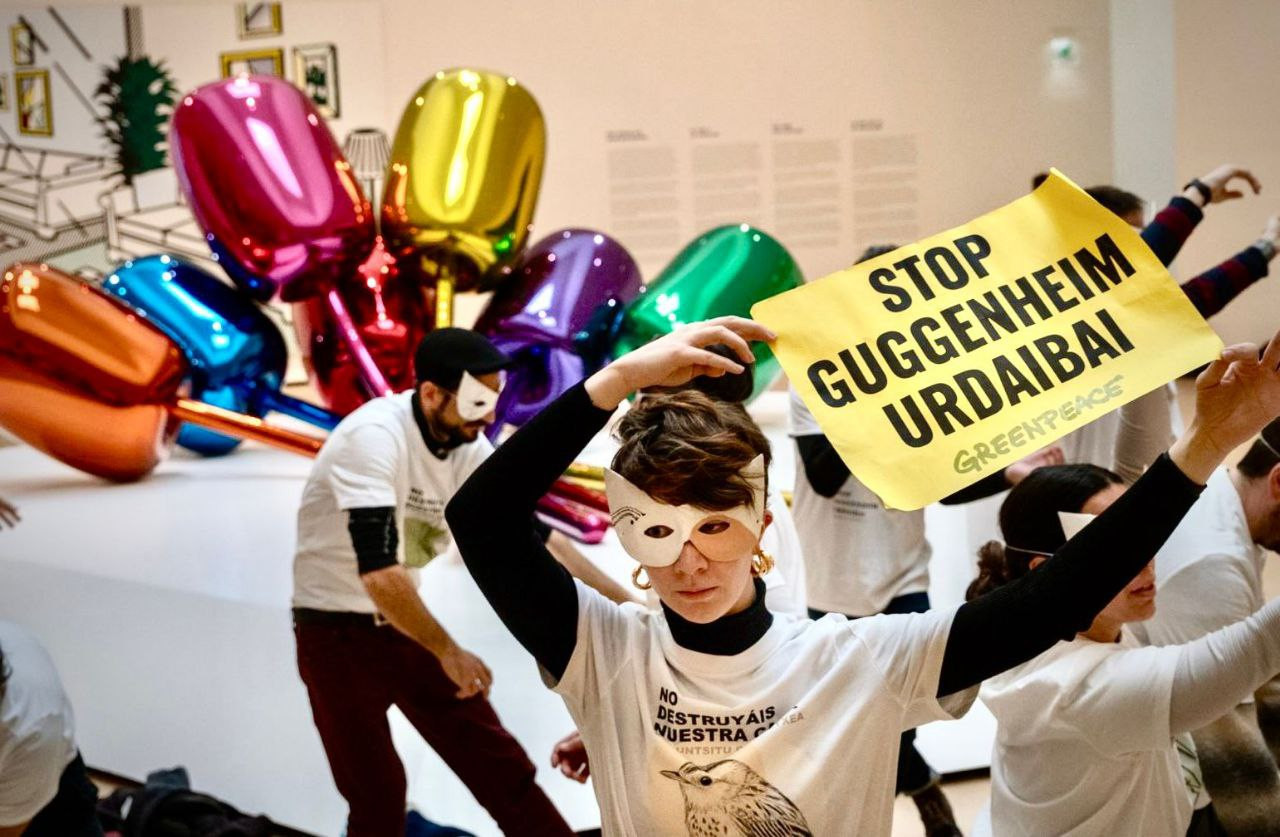

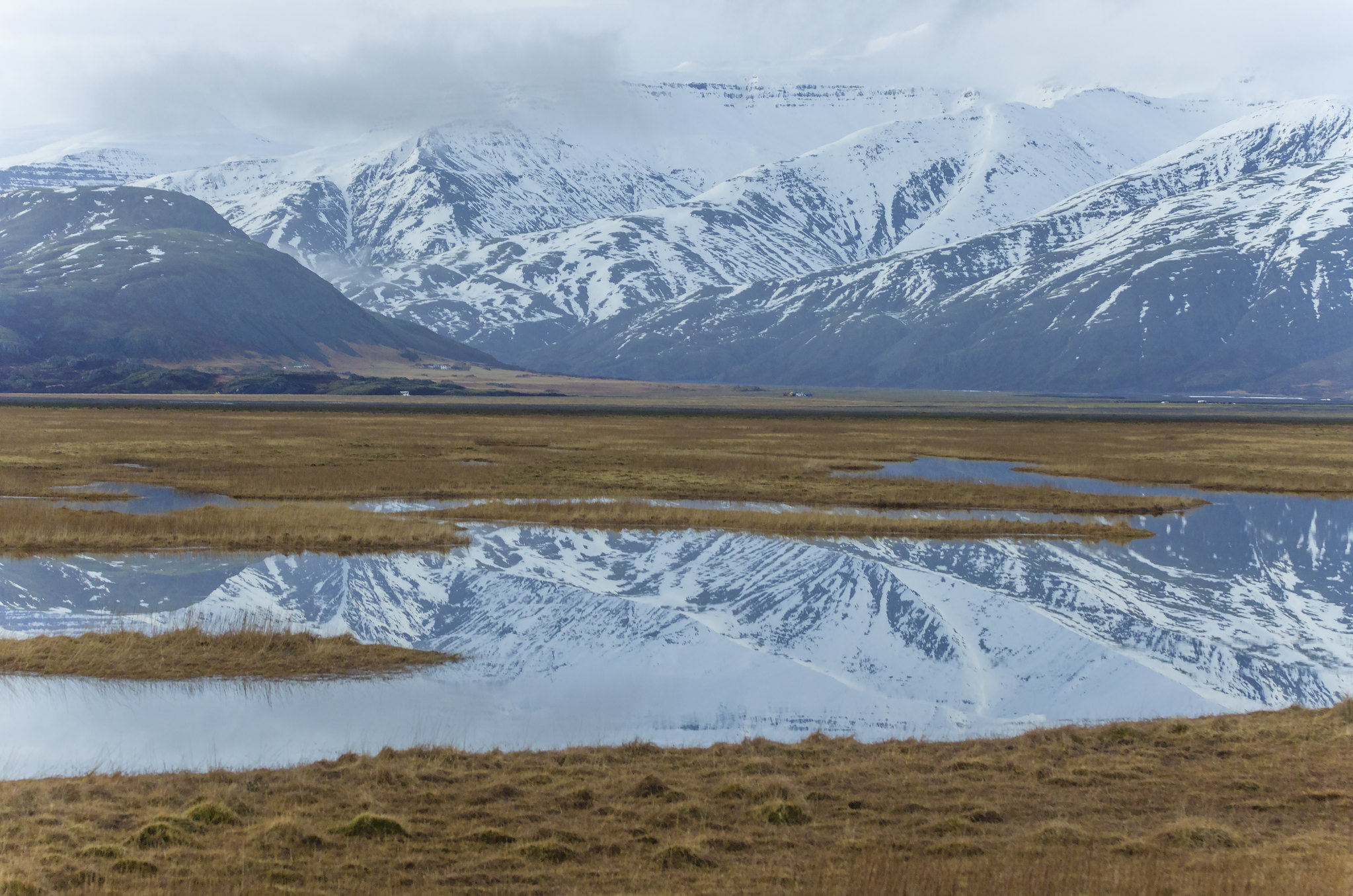
-(1).jpg)
